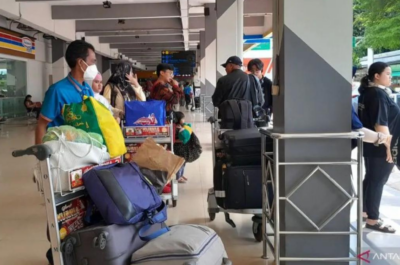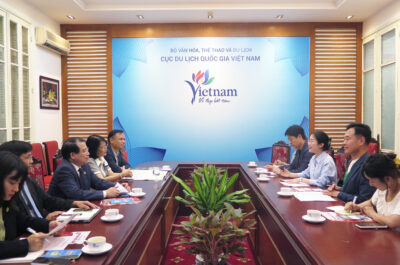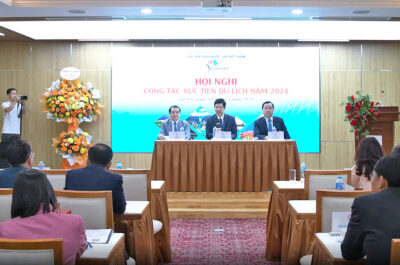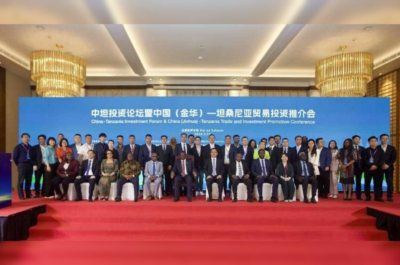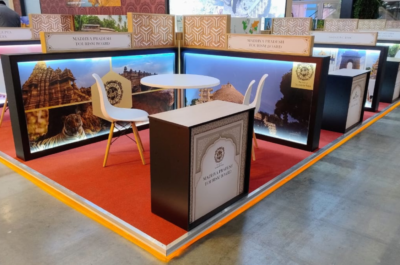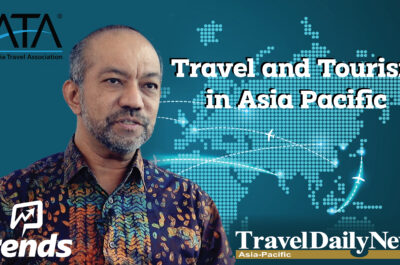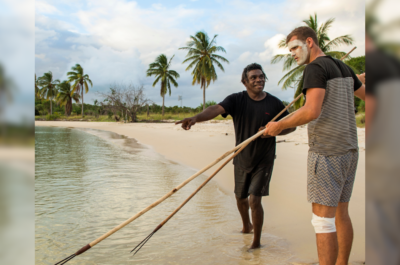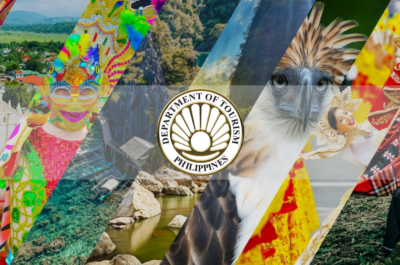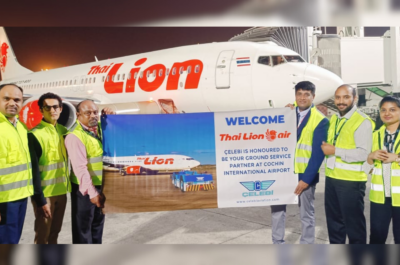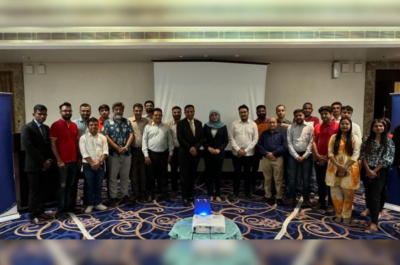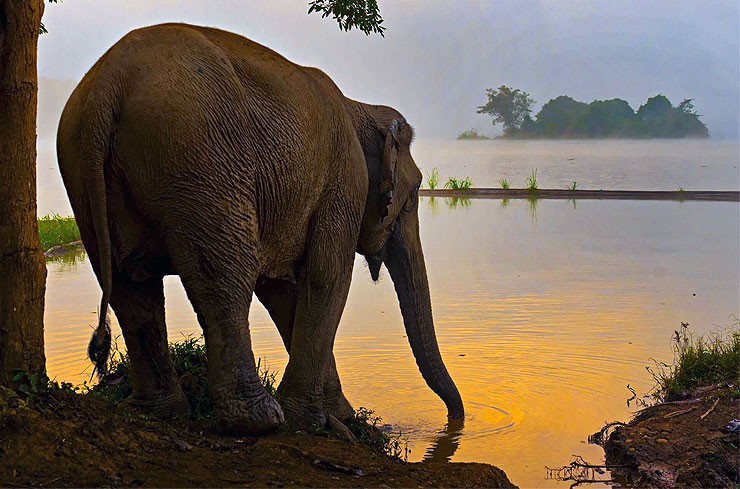
The online course developed by ACES educate visitors about responsible elephant tourism experiences in southeast Asia.
Asian Captive Elephant Standards (ACES) is inviting the travel industry and consumers to complete a free online course to help raise awareness about captive elephant welfare and responsible tourism practice in southeast Asia.
The world-first online course developed by ACES aims to enable the travel trade and consumers to make more informed choices about elephant tourism experiences in southeast Asia.
Elephant-based tourism remains one of southeast Asia’s most popular experiences. But with its many sensitivities, it can be a challenging activity for tour operators and travel trade professionals to confidently support and promote to their customers.
The free online course Regenerative travel: Responsible Travel for Elephant-Based Tourism in Southeast Asia, highlights both the positive and negative aspects of elephant-based tourism. It takes around an hour to complete and covers topics such as local culture, environmental values, community development, species conservation, animal cruelty and responsible tourism marketing.
You can view the course details as a guest on the Atingi website. To complete the course, participants should register their details and the course will be available to complete at their own pace.
The course has already won the praise of world leading elephant expert Dr Janine Brown, Research Physiologist at the Smithsonian National Zoo and Conservation Biology Institute. Dr Brown has published numerous studies on captive Asian elephants and said, “ACES is critical to ensuring responsible elephant tourism and supporting venues are doing the right thing”.
John Roberts, Group Director of Sustainability & Conservation, Minor Hotels and Director of Elephants & Conservation, Golden Triangle Asian Elephant Foundation, says the underlying problems of elephant welfare stem from many factors and occur whether an elephant meets tourists or not.
“This module helps remind us of this fact and shows us how well managed elephant tourism can be used as a tool to address the welfare issues inherent in the captive situation”, he said.
“It is also useful to introduce the tourism professional to how much an elephant camp is part of the local community and how many human livelihoods depend on providing the best welfare to captive elephants”.
ACES Policy Officer Dr Ingrid Suter is a world-renowned expert in captive elephant welfare and elephant conservation. She says the allure of human-elephant experiences in southeast Asia will continue to be strong, but the tourism industry has a key role in enabling travellers to make informed choices about which venues to visit, and to influence more elephant owners to implement higher standards of animal welfare.
“Elephant-based tourism is complex, but elephant venues bring essential income to remote areas, and also play a significant role in conservation, culture and community identification”, she said.
Dr Suter acknowledges that many animal rights groups are strongly opposed to elephant captivity and tourism experiences.
“It’s right that industries that work with animals must always face close scrutiny”, she said.
“However, while done with good intentions, blanket bans on elephant activities can drive visitors to venues that are unregulated and have a low standard of care. With the tourism industry’s help we can ensure that stakeholders and travellers are able to make informed decisions about the elephant activities and venues they choose”.
“We also know that accredited, high-quality elephant-based experiences can significantly improve visitor knowledge and education around the threats facing wild elephants in southeast Asia”.
Asian elephants are classified as an endangered species and are at risk of extinction. The key threats facing wild elephant populations are a lack of suitable habitat, poaching and human-elephant conflict.
There are around 5,000 elephants living under human care in southeast Asia. Many were born in captivity and for a variety of reasons, cannot be released into the wild.
Elephant-based tourism has grown considerably over the past 30 years. Typical elephant-human visitor experiences include elephant riding, trekking, viewing and feeding. Tourism venues are more likely to have the existing infrastructure, experience and veterinary expertise to be hubs for conservation and population management.
Over the last two decades Thailand and other southeast Asian nations have implemented improved elephant legislation, regulation and welfare standards.
ACES has developed both this training course and the 2022 Regional Elephant-Based Tourism Strategy as part of the Pacific Asia Tourism Association (PATA) Tourism Destination and Resilience project funded by Deutsche Gesellschaft für Internationale Zusammenarbeit (GIZ) GmbH.
With many elephant camps now reopening after Covid-19, ACES is increasing its engagement with the travel industry and elephant venues to continue to raise elephant welfare standards in southeast Asia.
Vicky is the co-founder of TravelDailyNews Media Network where she is the Editor-in Chief. She is also responsible for the daily operation and the financial policy. She holds a Bachelor's degree in Tourism Business Administration from the Technical University of Athens and a Master in Business Administration (MBA) from the University of Wales. She has many years of both academic and industrial experience within the travel industry. She has written/edited numerous articles in various tourism magazines.
































